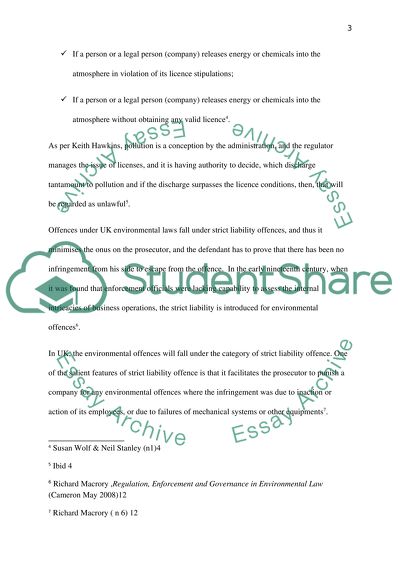Cite this document
(“Environmental Law Essay Example | Topics and Well Written Essays - 2500 words”, n.d.)
Retrieved from https://studentshare.org/law/1393884-environmental-law
Retrieved from https://studentshare.org/law/1393884-environmental-law
(Environmental Law Essay Example | Topics and Well Written Essays - 2500 Words)
https://studentshare.org/law/1393884-environmental-law.
https://studentshare.org/law/1393884-environmental-law.
“Environmental Law Essay Example | Topics and Well Written Essays - 2500 Words”, n.d. https://studentshare.org/law/1393884-environmental-law.


